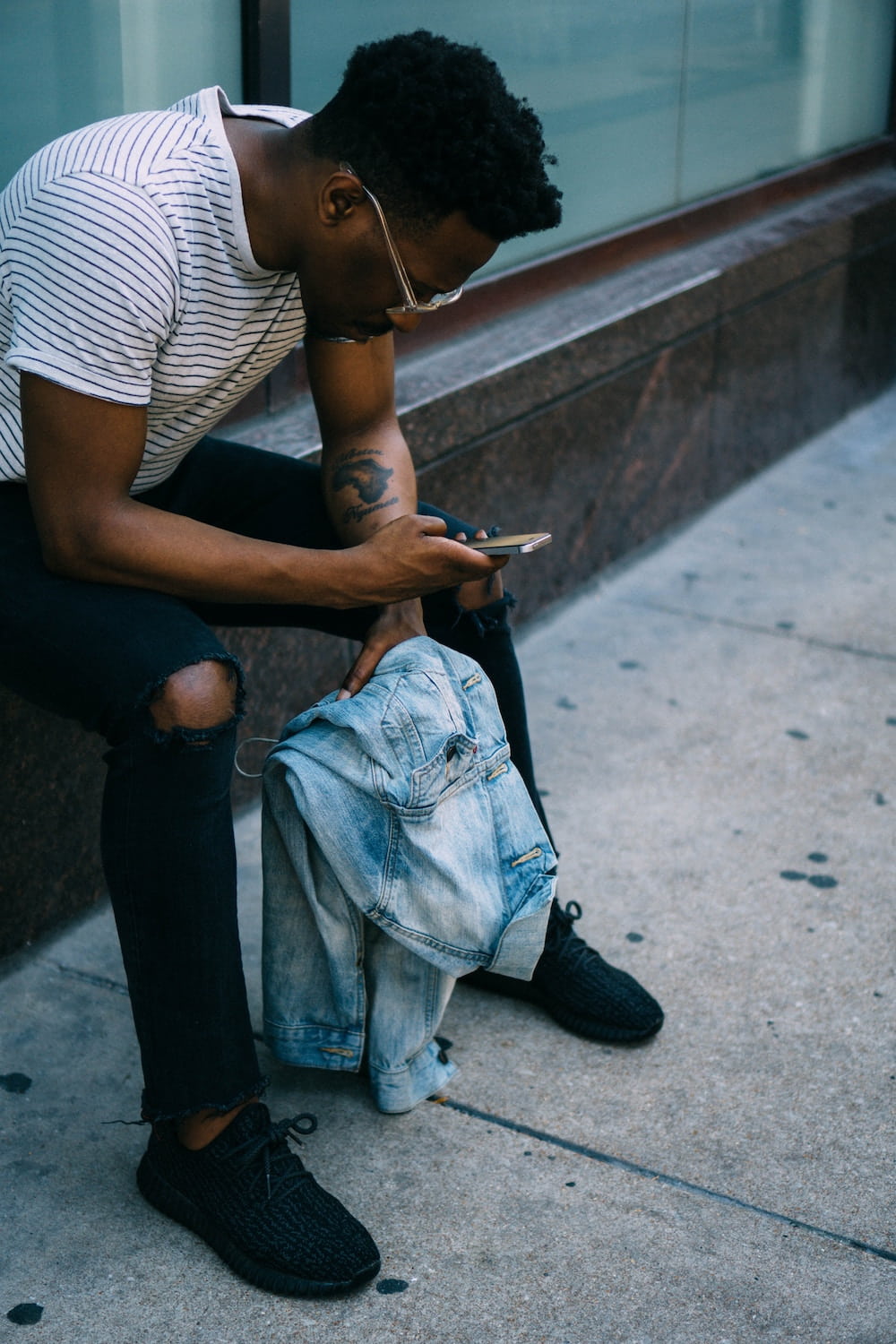There are an array of apps out there for everything – from calculating how high you can throw your phone to how quickly you can milk a cow – but what are they doing for mental health?

Over in Australia, a pioneering trial to find out if mental health apps work among teenagers has been given a £1.2 million shot in the arm.
The cash will be used by researchers working on the project, dubbed “Future Proofing”, which will see 20,000 teenagers testing whether apps can effectively “inoculate” Year 7 students from developing depression after 12 months.
Researchers involved in the trial are from UNSW Sydney, Deakin University, Australian National University, University of Sydney, University of Melbourne, University of South Australia, Macquarie University and The Black Dog Institute.
Teams will examine data from smartphones, use machine learning analysis, and link this to hospital and birth records to develop reliable signals to flag the onset of depressive symptoms in young people.
Following up on the students’ progress over five years, the Future Proofing study will also examine whether cognitive behavioural therapy-based apps are effective in reducing symptoms of anxiety, eating disorders, suicide risk and psychotic symptoms, as well as its impact on academic performance, sleep, physical health, and drug and alcohol use.
Previous studies have shown that under optimal conditions, depression treatments could reduce 36% of global disease burden and 60% of people respond to treatment, according to The Black Dog Institute.

Comments